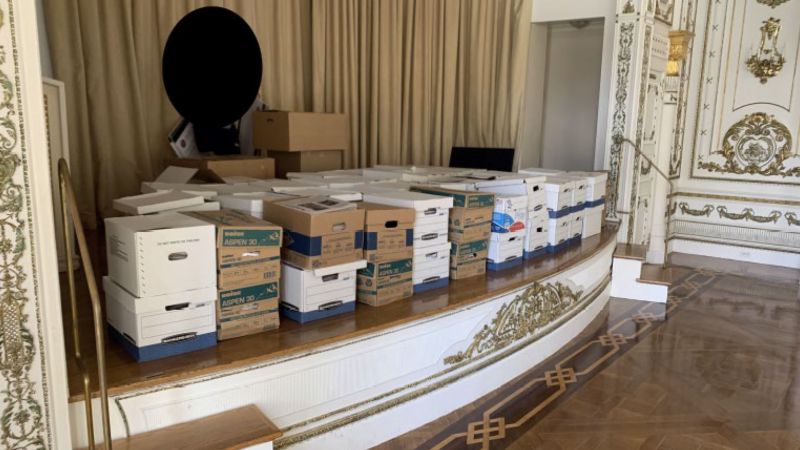Former President Donald Trump will be restricted on how and when he can look at, and talk about, classified information, a judge decided Wednesday after a sealed hearing the day before.
The decision appears to largely be in line with restrictions special counsel Jack Smith sought to protect classified information that may be evidence in the case against Trump, which accuses him of criminally mishandling sensitive national security secrets at his Florida club and residence after he left office.
The development is one of the first times the court has set terms around classified information in a case where Trump’s team has tried to downplay the seriousness of how records were handled. Trump’s legal team had wanted more leeway on the locations where they could discuss classified records with him, including at the Mar-a-Lago club and his Bedminster, New Jersey, residence.
Judge Aileen Cannon warned in her order of the consequences should any classified or otherwise sensitive information be improperly revealed to the public, pointing out such disclosures may violate the law.
She added that even if classified information “enters the public domain,” both Trump and his team will still be “precluded from making private or public statements” regarding the classified status of information or suggesting that their own access to information confirms or contradicts what’s in the public domain.



We all know he’s clearly incapable of doing that.